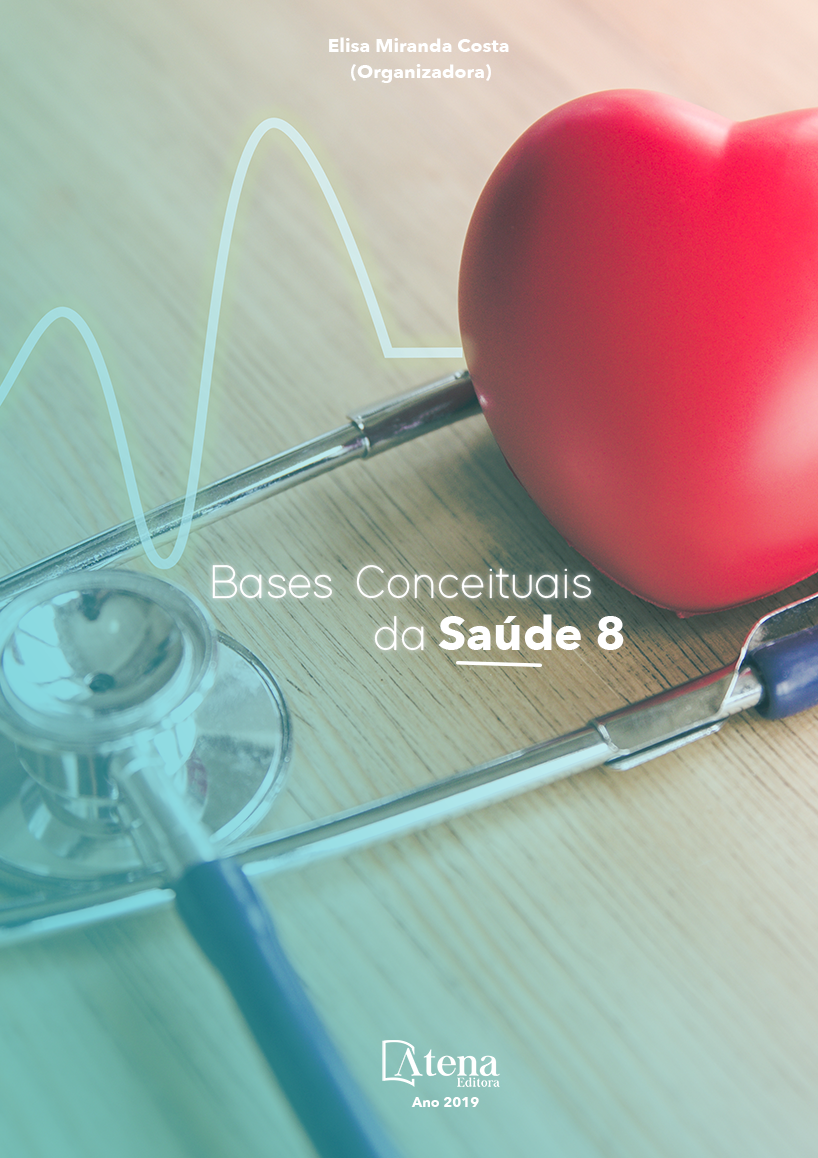
MOTIVOS DO ABSENTEÍSMO ÀS CONSULTAS DE OSTEOPATIA NO AMBULATÓRIO DO POSTO DE SAÚDE DA VILA DOS COMERCIÁRIOS, EM PORTO ALEGRE / RS – ESTUDO PROSPECTIVO
O absenteísmo é comum em
consultas no Sistema Único de Saúde (SUS) no
Brasil. As faltas dos pacientes geram prejuízo
ao sistema de atendimento, reduzindo as
chances de novos pacientes se consultarem,
interrompendo tratamentos e incrementando
gastos. Objetivo: Conhecer as causas do
absenteísmo às consultas de Osteopatia
agendadas no Ambulatório do Posto de Saúde
da Vila dos Comerciários, Porto Alegre/RS.
Métodos: Estudo prospectivo, quali-quantitativo
de levantamento e análise de dados, tendo
por base as respostas colhidas da população
pesquisada (pacientes faltantes às consultas de
osteopatia no aludido Ambulatório), empregando
questionário semiestruturado submetido via
telefone, iniciado após aprovação pelo Comitê
de Ética em Pesquisa (Parecer n° 655.043/
CEP/SMSPA). A coleta dos dados ocorreu por
3 meses, e foram organizados com utilização
do Excel e analisados estatisticamente
(Software Package for Statistical - SPSS versão
21.0). Resultados: Identificou-se em ordem
decrescente, os seguintes motivos principais
para o absenteísmo: acometimento por
outras patologias (diversas das que levaram
à consulta de osteopatia) que impediram o
comparecimento à consulta; perda do papel
onde estava anotada a data da consulta; a
circunstância de ser cuidador de dependente
e não poder ausentar-se para comparecer à
consulta; esquecimento da data da consulta,
existência de outras consultas/exames na
mesma data, escolhidas com prioridade sobre à
consulta de osteopatia. Conclusão: Necessidade
de reformas administrativas, organizacionais,
operacionais, adoção de novas práticas no
âmbito do SUS, para reduzir o absenteísmo
observado. Sugerem-se, como estratégias a
criação de dois tipos de serviços telefônicos
para controle das consultas e atualização
periódica dos pacientes cadastrados.
MOTIVOS DO ABSENTEÍSMO ÀS CONSULTAS DE OSTEOPATIA NO AMBULATÓRIO DO POSTO DE SAÚDE DA VILA DOS COMERCIÁRIOS, EM PORTO ALEGRE / RS – ESTUDO PROSPECTIVO
-
DOI: 10.22533/at.ed.3981915029
-
Palavras-chave: Osteopatia, ambulatório público, absenteísmo.
-
Keywords: Osteopathy, public outpatient clinic, absenteeism.
-
Abstract:
Absenteeism is common in
consultations in the Unified Health System
(SUS) in Brazil. The patients’ shortages
generate a loss to the care system, reducing the
chances of new patients consulting, interrupting treatments and increasing expenses.
Objective: To know the causes of absenteeism at Osteopathy consultations scheduled
at the Outpatient Clinic of the Health Department of Vila dos Comerciários, Porto Alegre
/ RS. Methods: A prospective, qualitative/ quantitative study of data collection and
analysis, based on the answers collected from the population surveyed (patients who
were not present at the osteopathy clinic in the outpatient clinic), from semi-structured
questionnaire submitted by telephone, initiated after approval by the Committee of
Ethics in Research (n ° 655.043 / CEP / SMSPA). Data were collected using Excel and
analyzed statistically (Software Package for Statistical - SPSS version 21.0). Results:
Main reasons for absenteeism were identified in decreasing order: involvement by other
pathologies (some pathologies that had no relation with reason that led to osteopathic
consultation) that prevented attendance at the consultation; loss of the paper with
date of the consultation; the circumstance of being dependent caregiver and not being
able to leave to attend the consultation; forgetting the date of the consultation, other
consultations / exams on the same date, chosen with priority over the consultation of
osteopathy. Conclusion: The need for administrative, organizational and operational
reforms, adoption of new practices within the SUS to reduce observed absenteeism. It
is suggested, the creation of two types of telephone services aimed at the control of the
consultations and update registered patients.
-
Número de páginas: 15
- Natalia Sales da Rocha
- Alessandra Costi Bolla
- Márcia Elisabeth Rodrigues


